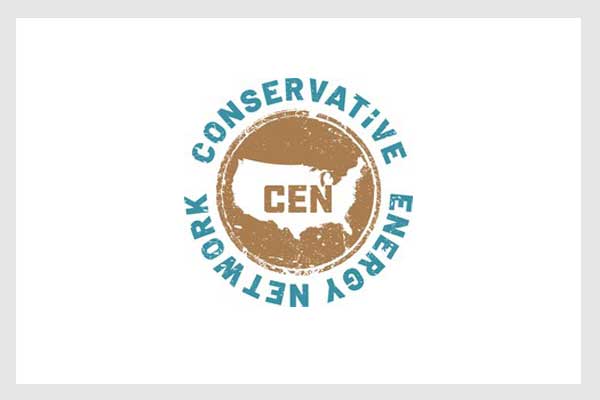- Clean energy will continue to be a key issue in general elections, particularly for candidates trying to open the doors for independent voters.
- Voters who approve of Trump also back clean energy policy.
- Voters see an important, limited role for government on clean energy issues which centers on supporting innovation and the development of technology.
Washington, D.C — The Conservative Energy Network (CEN) released the results of their fourth annual National Clean Energy Survey. Findings from the survey suggest that clean energy policy is an important issue to a strong majority of voters and will be crucial to the success of candidates in swing districts and states in the 2020 election.
Commissioned by CEN and conducted by Public Opinion Strategies, the survey identified that there is strong support from both Republican and Democratic voters for accelerating the development and use of clean energy in the United States.
“This survey demonstrates that there is strong support for progress in clean energy policy across the nation—and significantly among conservatives as well,” said Mark Pischea, president and CEO of CEN. “Regardless of party, voters overwhelmingly want their elected officials to be leaders in the development of clean energy reform by proposing policies that encourage innovation, entrepreneurship, and greater market access for new technology; this holds true for Trump supporters also.”
A memorandum summarizing the poll’s findings can be viewed here.
Key findings include:
A majority of voters support markets instead of mandates, favor electricity choice/competition options, and want their state to be identified as a national leader in clean energy development.
To increase clean energy production, by 70%, voters preferred approaches that allow markets and business to provide more clean energy production compared to implementing government mandates and quotas. Also, 79% of voters support a new system for purchasing electricity that allows people to have a choice of where and what kind of electricity to buy, compared to 17% of voters who want to keep the current system. Additionally, 81% of voters agree that their state should be accelerating the growth of clean energy to be identified as a national leader in the competition for economic development and high paying jobs.
Clean energy will continue to be a key issue in general elections, particularly for candidates trying to open the doors for independent voters.
Among Republican voters, 59% say they would vote for elected officials or candidates who support clean energy development in areas like solar and wind. This number increased with independent voters of which 79% said they would vote for a candidate who supports clean energy.
Voters who approve of Trump also back clean energy policy.
Current voters who support President Trump are also supportive for more domestic energy from solar and wind. Of these voters, 81% agree that their state should accelerate its growth of clean energy so it can be seen as a national leader in the competition of clean energy development and job production. In addition, 62% of Trump approvers support the government taking action to accelerate the development of clean energy in the United States.
Voters see an important, limited role for government on clean energy issues which centers on supporting innovation and the development of technology. Overall, 80% of voters polled support the government taking action to accelerate the development and use of clean energy in the United States. 61% of Republican voters supported this idea.
Policy solutions that are a tax are not well-received, especially among Republican voters.
Of GOP voters, 72% oppose a new tax system that would help reduce carbon emissions by rewarding low carbon emitters and penalizing high carbon emitters. Opposition among this group increased to 82% when a carbon tax is tested.
Pischea concluded: “Based on these findings, policymakers must understand the importance of taking action on our nation’s clean energy transition. For conservatives, electricity competition and choice are winners among base voters and an important bridge towards key independents. The future of energy is bright, and we hope policymakers and the public join us in supporting American innovation.
















Comments